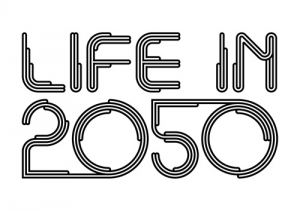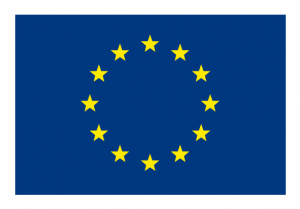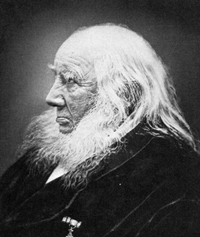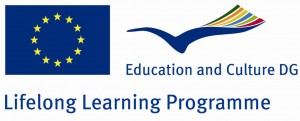 I am really looking forward to the forthcoming EU Showcase Event; last year’s event was a tremendous success and this year’s will be even bigger and better!
I am really looking forward to the forthcoming EU Showcase Event; last year’s event was a tremendous success and this year’s will be even bigger and better!
We all know the importance of getting involved in EU funding as national funds dwindle, greater importance is placed on international collaborations and of BUs strategic focus on internationalisation. This event will celebrate our successful EU award holders who will share their tips for engaging in EU funding.
We have presentations on schemes to help you start your EU career (Christos Gatzidis on the Leonardo scheme of the Lifelong Learning Programme and Bogdan Gabrys and Rob Britton on Marie Curie schemes) and schemes for those already engaged (Anthea Innes on applying for an FP7 grant and Adrian Newton on being a Partner in an FP7 consortium). We also have top tips on how to network effectively to become involved in EU funding (from the very experienced Dimitrios Buhalis and Cornelius Ncube). Finally I will be launching 3 very exciting internal EU focused funding competitions at this event to help you engage in EU funding and we have presentations from those who won funding through 2 of these schemes last year.
The informal and informative event will be opened by Matthew Bennett in Kimmeridge House on 14th November. Plenty of coffee, tea, lunch and cake provided and due to the restriction of room size, registration is essential. This takes only 10 seconds on the Staff Development website.
The event will be finished in plenty of time for you to drive/ catch the uni bus to the Executive Business Centre (EBC) to hear the Inaugural Lecture Dementia: personal journey to policy priority by HSC’s Prof. Anthea Innes.




























 New weight change BU paper
New weight change BU paper One week to go! | The 16th Annual Postgraduate Research Conference
One week to go! | The 16th Annual Postgraduate Research Conference Geography and Environmental Studies academics – would you like to get more involved in preparing our next REF submission?
Geography and Environmental Studies academics – would you like to get more involved in preparing our next REF submission? Congratulations to three former BU staff
Congratulations to three former BU staff MSCA Staff Exchanges 2024 Call – internal deadline
MSCA Staff Exchanges 2024 Call – internal deadline Applications are now open for 2025 ESRC Postdoctoral Fellowships!
Applications are now open for 2025 ESRC Postdoctoral Fellowships! Horizon Europe – ERC CoG and MSCA SE webinars
Horizon Europe – ERC CoG and MSCA SE webinars MaGMap: Mass Grave Mapping
MaGMap: Mass Grave Mapping ERC grants – series of webinars
ERC grants – series of webinars